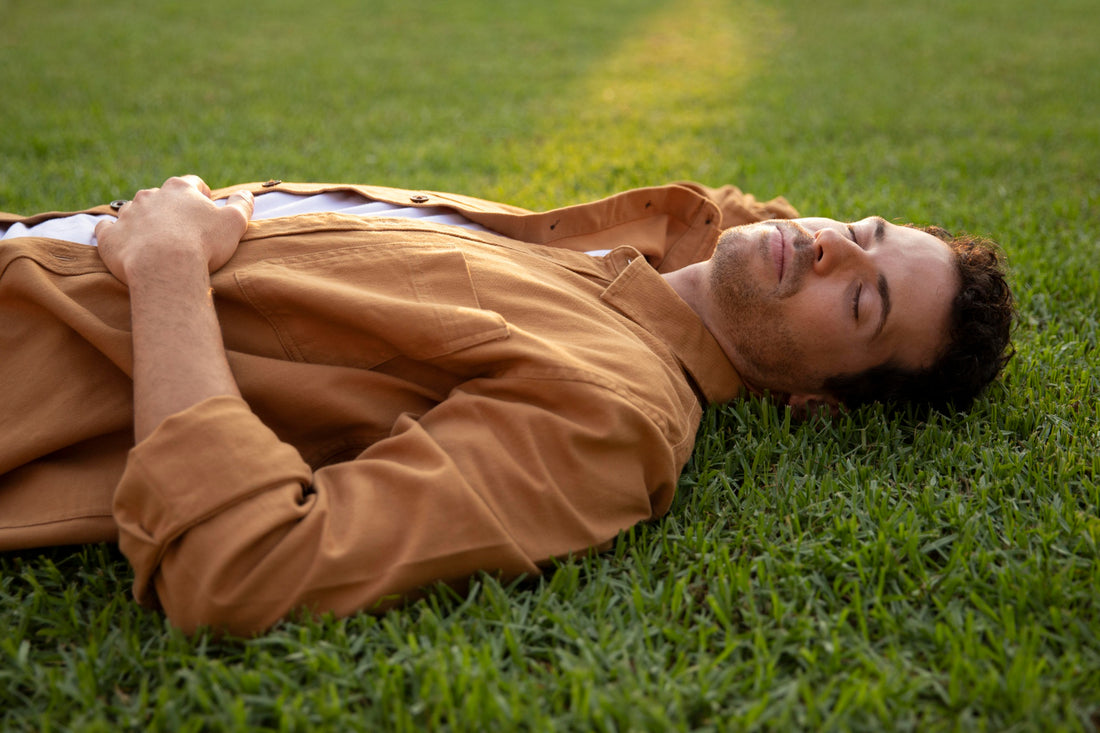
How to Sleep Better During Hayfever Season
As the seasons change and flowers bloom, many of us welcome the warmer weather with open arms. However, for those who suffer from allergies or hayfever, this time of year can be a double-edged sword. Allergy symptoms like sneezing, congestion, and itchy eyes can make it difficult to get a good night's sleep. But fear not! With a few simple adjustments and the right approach, you can still enjoy restful nights even during allergy season.
Why Does Hayfever Get Worse at Night?
First, let’s understand why hayfever can seem worse at night. During the day, pollen levels are typically higher, but as the temperature drops in the evening, pollen can settle closer to the ground. This means that if your windows are open, more pollen might be entering your home in the evening. Additionally, lying down can cause nasal congestion to worsen, making it harder to breathe comfortably.
1. Manage Your Allergies During the Day
One of the best ways to ensure a good night's sleep is to manage your allergy symptoms effectively during the day. This means taking your antihistamines or other allergy medications as recommended by your healthcare provider. By keeping your symptoms under control during waking hours, you'll reduce the likelihood of them disrupting your sleep at night.
2. Take Time for Relaxation

Stress and anxiety can exacerbate allergy symptoms and make it harder to fall asleep. Incorporate relaxation techniques into your evening routine, such as gentle yoga, deep breathing exercises, or meditation. These practices can help calm your mind and body, making it easier to drift off into a peaceful slumber.
3. Create a Sleep-Inducing Environment
Your bedroom should be a sanctuary for sleep, especially during allergy season. Keep windows closed to prevent pollen from drifting inside, and consider using an air purifier with a HEPA filter to remove allergens from the air. Wash your bedding frequently in hot water to eliminate pollen and dust mites, and opt for hypoallergenic pillowcases and mattress covers.
4. Consider Domo Sleep Gummies

One way to support better sleep during allergy season is with Domo Sleep gummies. 5-HTP (5-Hydroxytryptophan) is a natural compound that supports the production of serotonin, which in turn helps regulate sleep patterns. These tasty passionfruit flavoured gummies not only provide the benefits of 5-HTP but also serve as a pleasant bedtime ritual.
5. Stay Hydrated

Allergy medications can sometimes cause dryness, so it's important to stay hydrated throughout the day. Drink plenty of water, herbal teas, or clear soups to keep your body hydrated and your nasal passages moist. This can help reduce irritation and make breathing easier, promoting better sleep.
6. Adjust Your Bedtime Routine
During allergy season, consider adjusting your bedtime routine to promote relaxation and better sleep. Avoid heavy meals, caffeine, and alcohol close to bedtime, as these can interfere with sleep quality. Instead, opt for a light snack if needed, such as a small piece of fruit or a handful of nuts.
7. Seek Professional Advice
If your allergies are severe and affecting your ability to sleep despite these tips, don't hesitate to seek advice from a healthcare professional. They can provide personalised recommendations and may suggest additional treatments or strategies to manage your symptoms effectively.
By incorporating these tips into your daily routine, you can minimise the impact of allergies on your sleep and wake up feeling refreshed and ready to tackle the day. Remember, everyone's body responds differently, so finding the right combination of strategies that work for you may take some experimentation. Don’t forget to try our 5-HTP sleep gummies to help you relax and enjoy a peaceful night’s rest. With patience and persistence, you'll be able to enjoy more peaceful nights and wake up feeling more refreshed and ready to tackle the day ahead.
